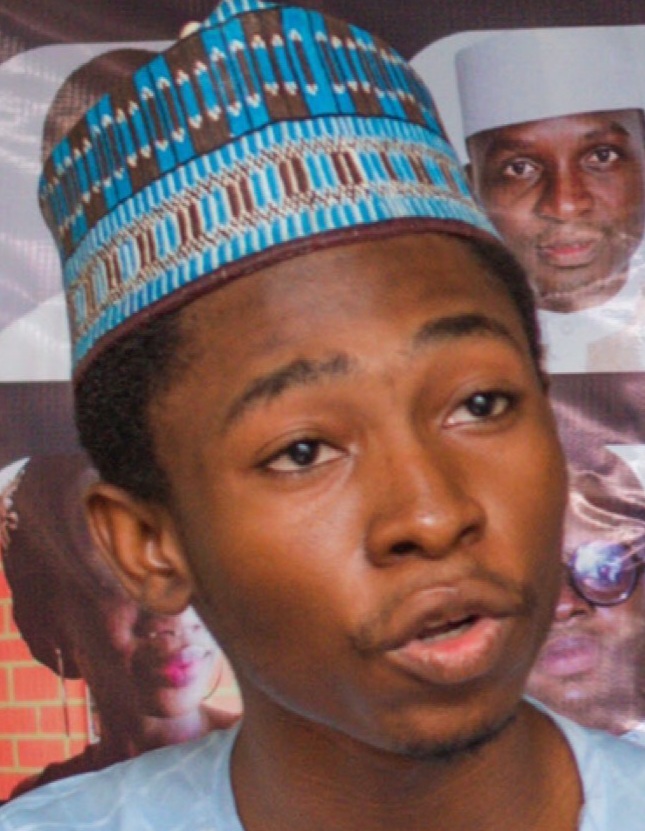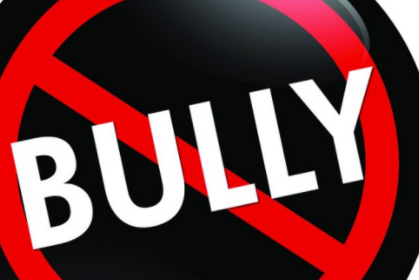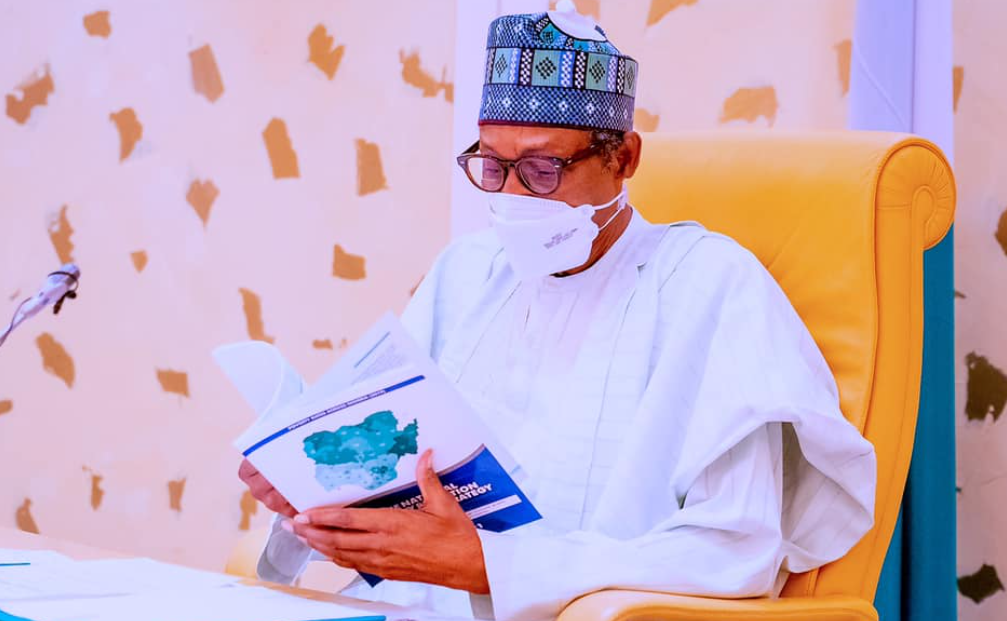The world is defined by a dynamism of events that largely lie within a spectrum where peace occupies one extreme and conflict occupies the other. And as these events unfold, the media holds the thankless responsibility of communicating information about them to the general public.
Needless to say, communicating events characterised by peace poses little or no complication at all. Contrastingly, the role of media in times defined by events occupying the distressing side of the spectrum has been adjudged to be usually stuffed with intricacies.
The dilemma, which has largely consumed the media in Nigeria lies in the quest of balancing the fundamental obligation of providing accurate, credible, and timely information and the social responsibility of ensuring that the information provided does not endanger the lives of people and the general security of the country.
I shall, for the purpose of this article adopt Nigeria and the menace of insecurity bedeviling her as a case study and draw up a media model I consider most appropriate for such a troubling time.
Advertisement
Nigeria is witnessing a plethora of events threatening her security major among which are banditry and extremists-driven terrorism. Thousands of attacks have been staged by the actors of such unpatriotic exhibitions and as expected, the media has been at the forefront in reporting such events.
However, an appraisal of the methodologies employed in the construction of these reportages suggests that most of the media outlets in Nigeria have failed to understand their roles in the de-escalation of the events that define such troubling circumstances. Experts have faulted methods like publishing video clips of terrorists and interviewing them while in active operation, broadcasting live terrorist incidences, reporting terrorist activities without commensurate reportages on counterterrorism efforts, speculating future plans of terrorists, and the response of the authorities, using sensational headlines, reporting without fact-checking, etc.
These experts infer that the above faulted methods inadvertently play a role in escalating troubling circumstances by serving the purposes of propagating terrorist activities, raising public fear and disquietude and even aiding in recruitment, thus, placing the media in the position of being an accessory to terrorism.
Advertisement
Such faulted methodologies reflect the dilemma as painted in the opening paragraphs of this article. It defines the intricacies in journalism in troubling times and also provokes the concern of media censorship. The role of media in troubling times is indeed complicated.
Interestingly, the media model I propose seeks to provide for the media a role defined by a balance between freedom of the press, social responsibility, fact-seeking and healthy media-government relationship.
In troubling times as in Nigeria’s case, the media must adopt a role that discourages the glorification of terrorism/insurgency and encourages the operationalisation of selective censorship or measured reportage of terrorist activities in favor of governmental counterterrorism efforts. This can obviously not be achieved without a mutual understanding between the media and the authorities.
This does not mean terrorist activities should be underreported but should rather be reported in a measured and unsensational manner. The media should consistently condemn acts of terrorism and adopt editorial policies that embody patriotism while denying the terrorists the notoriety they so much desire. The media and government should also collectively work towards disincentivising the lack of balance between patriotic and unpatriotic reportages by discouraging the receipt of funding specifically meant for reporting terrorist incidences from both local and international organisations.
Advertisement
Cumulatively, these steps would ensure that the media contributes enormously to the central pool of counterterrorism actions by assuming a role that adds the responsibility of social protection to its central fundamental role of information dissemination.
Ringim is a political/public affairs analyst and winner of YouthDigest’s 2021 campus journalist of the year award. He writes from Zaria and can be reached via [email protected]
Views expressed by contributors are strictly personal and not of TheCable.
Add a comment







